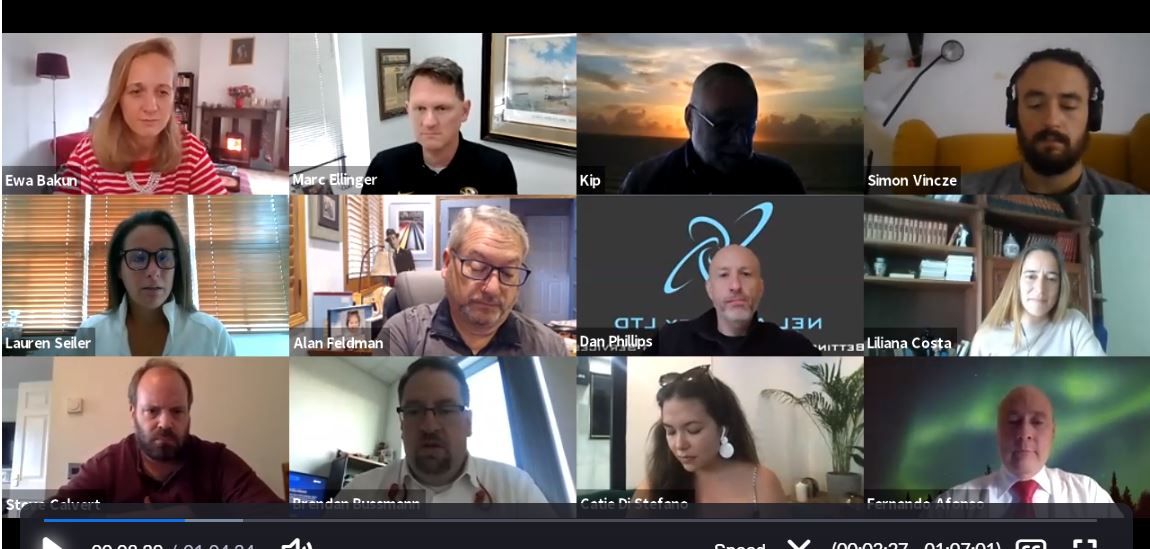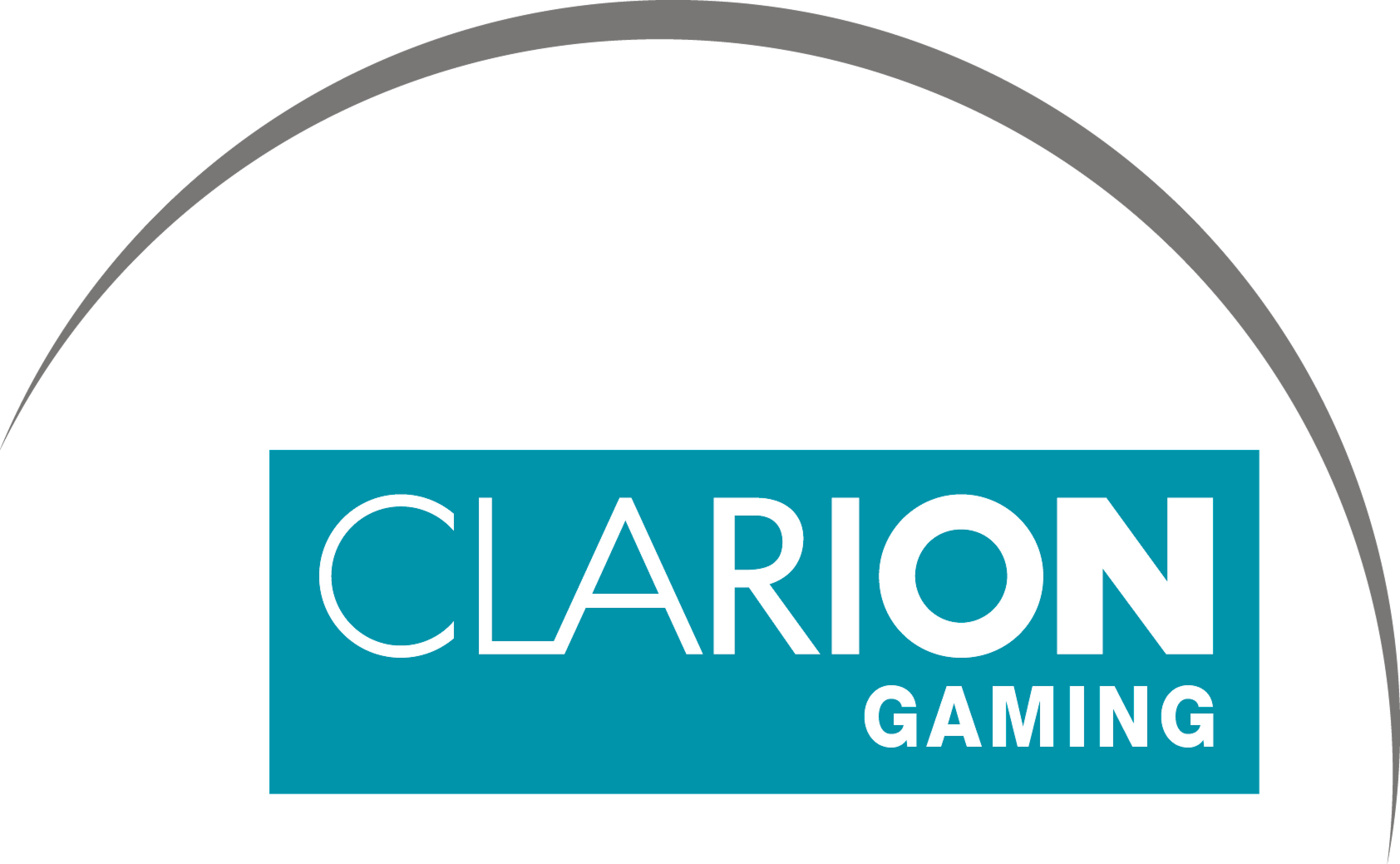29 Oct 2020
Digital Ampersand Speakeasy: Industry reputation – changing perceptions of the public and policy-makers
13 Ampersand members participated in the penultimate digital speakeasy that took place on 14 October, discussing the topic of the Industry Reputation. Here are the notes from the discussion:
 |
- Reputation during the CV-19 pandemic. The global coronavirus pandemic has put further spotlight on the industry, affecting its already tarnished reputation, but also providing an opportunity to deliver a more empathetic, consumer-focused messaging highlighting safety and well-being and providing a context for an expanded conversation about risks involved in gambling.
- Education of the player/consumer can help manage the players’ expectations. Most players have a vague understanding of how gambling products work and what the odds are of winning. The industry should make more effort to inform about the product itself and RTPs so it’s more clear how games work, what the loss/win balance is and in order to de-mystify the product and the experience itself. Products designed to help with that already exist, e.g. Gamesense, Gamblewise, Playwright. Ultimately the consumer is who the policy-makers listen to, so they can influence the future of regulation indirectly in this way too.
- Education of policy-makers and regulators who both face differing pressures, from consumers/voters and policy-makers themselves respectively. The industry needs to be more understanding of those pressures and make it easier for both groups to access the relevant information (e.g. have the RG information/leaflets available on the floor, invite politicians to donations). More transparency is needed to avoid more restrictions, which are likely to come alongside the response to the pandemic. Also, regulators, with their time and budget pressures, often don’t have the bandwidth to monitor future developments and innovation progress – everyone talks within their respective Eco chambers, therefore it is key to create platforms that would allow for more exchange and education.
- Self-regulation to implement technology innovations and avoid more restrictive regulatory environments. The history has shown that the industry hasn’t been very good at pre-empting regulatory restrictions (e.g. FOBTs, stake limits) and isn’t learning from past mistakes (e.g. aggressive marketing in the US). Self-regulatory efforts need to be upped as technology tools are available to respond to many of the problem gambling or money laundering ills cried by policy-makers – many are addressable by the technology solutions and the industry needs to get more control, through self-regulation, to implement them more widely, and as part of any regulatory changes. There needs to be some standardization of how the industry applies regulation as well as differing approaches that often push the boundaries of what the spirit of regulation is meant to be only aggravate policy-makers and regulators and contribute to the worsening of the industry reputation.
- Communication of the positive sides of the industry. Charity work, community contributions and work, job creation, impact on economy and tourism, contributions to healthcare systems (e.g. in Colombia) are hardly ever praised and emphasized by the industry. We talk about the political changes and developments, but not about the positive impact that these might have more broadly. Additionally, that conversation needs to move to more modern platforms, such as social media, as that where the upcoming (and existing) generations of consumers are and consume information.

